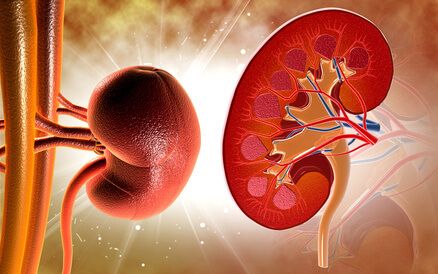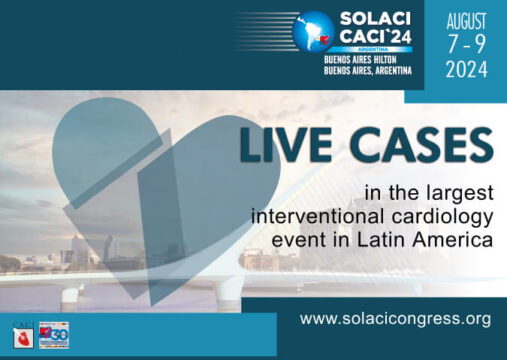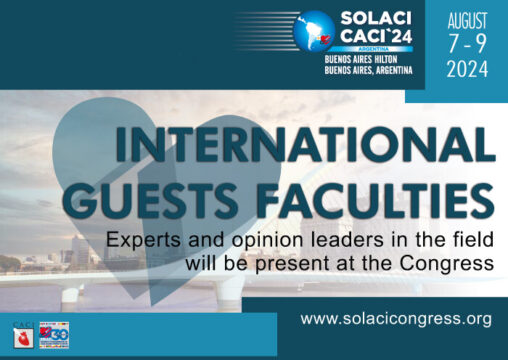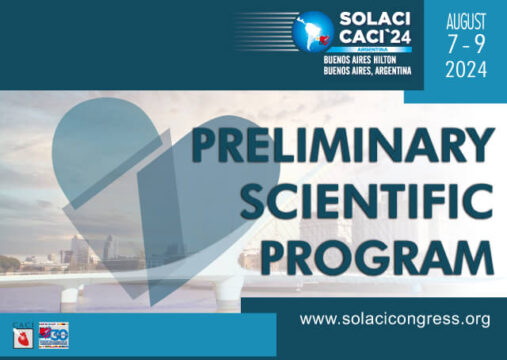Cardiogenic shock (CS) represents the main cause of death in patients hospitalized for acute myocardial infarction (AMI). Despite advances in its management, mortality continues to be high, between 40-50% within the first 30 days. In an attempt to improve survival, early extracorporeal life support (ECLS) is being increasingly used to stabilized hemodynamics in cases of serious shock, especially the use of venoarterial extracorporeal membrane oxygenation (VA-ECMO), also called ECLS.

Evidence on the efficacy of VA-ECMO in the context of AMI and CS is based mainly on observational studies or small randomized trials. The ECLS-SHOCK is the first randomized clinical trial on VA-ECMO to look into mortality in patients with CS undergoing early revascularization. The study included patients from centers in Germany and Slovenia, mean age 63, and 19% were women.
Primary end point was all-cause mortality at 30 days. Secondary end points included length of mechanical ventilation, time to hemodynamic stabilization and need for renal replacement therapy. As regards safety, researchers looked into bleeding events (from moderate to severe) and peripheral vascular complications requiring intervention.
Read also: ESC 2023 | STOPDAPT-3.
The final analysis considered a total of 417 patients. Primary end point occurred in 47.8% patients in the VA-ECMO group and 49% in the control group ([RR] 0.98, CI 95%, 0.80-1.19; p=0.81). Length of mechanical ventilation was higher in the VA-ECMO group (7 vs 5 days). Also, time to hemodynamic stabilization and need for renal replacement therapy rate were similar.
As regards safety end points, there were more bleeding events in the VA-ECMO group (RR 2.44, CI 95% 1.50-3.95) and more interventions for peripheral vascular complications (RR 2.86, CI 95% 1.31-6.25).

Dr. Omar Tupayachi.
Member of the Editorial Board of SOLACI.org.
Source: Presented at the Hot Line Sessions, Agosto 26, ESC Congreess 2023, Amsterdam.
Subscribe to our weekly newsletter
Get the latest scientific articles on interventional cardiology





